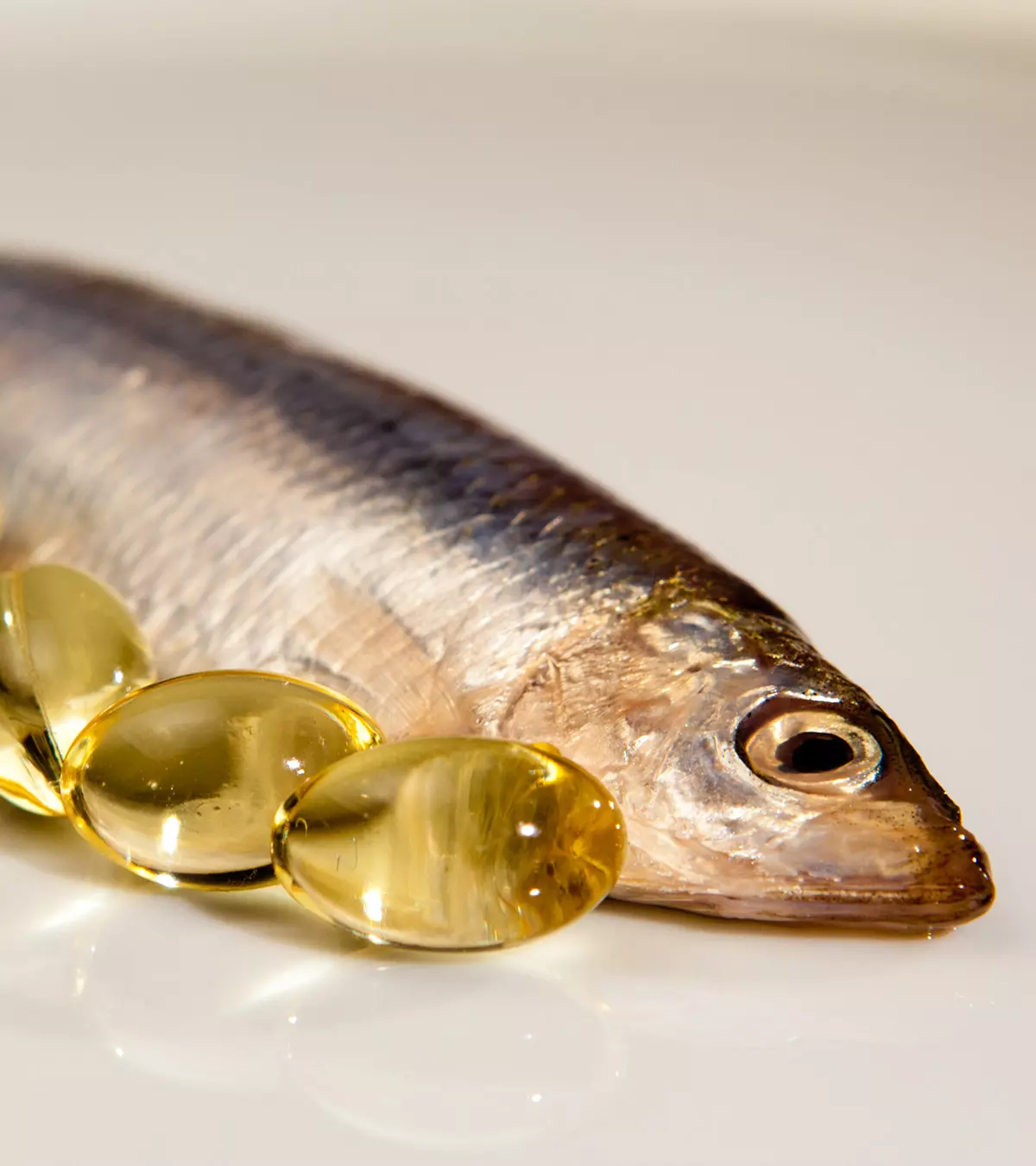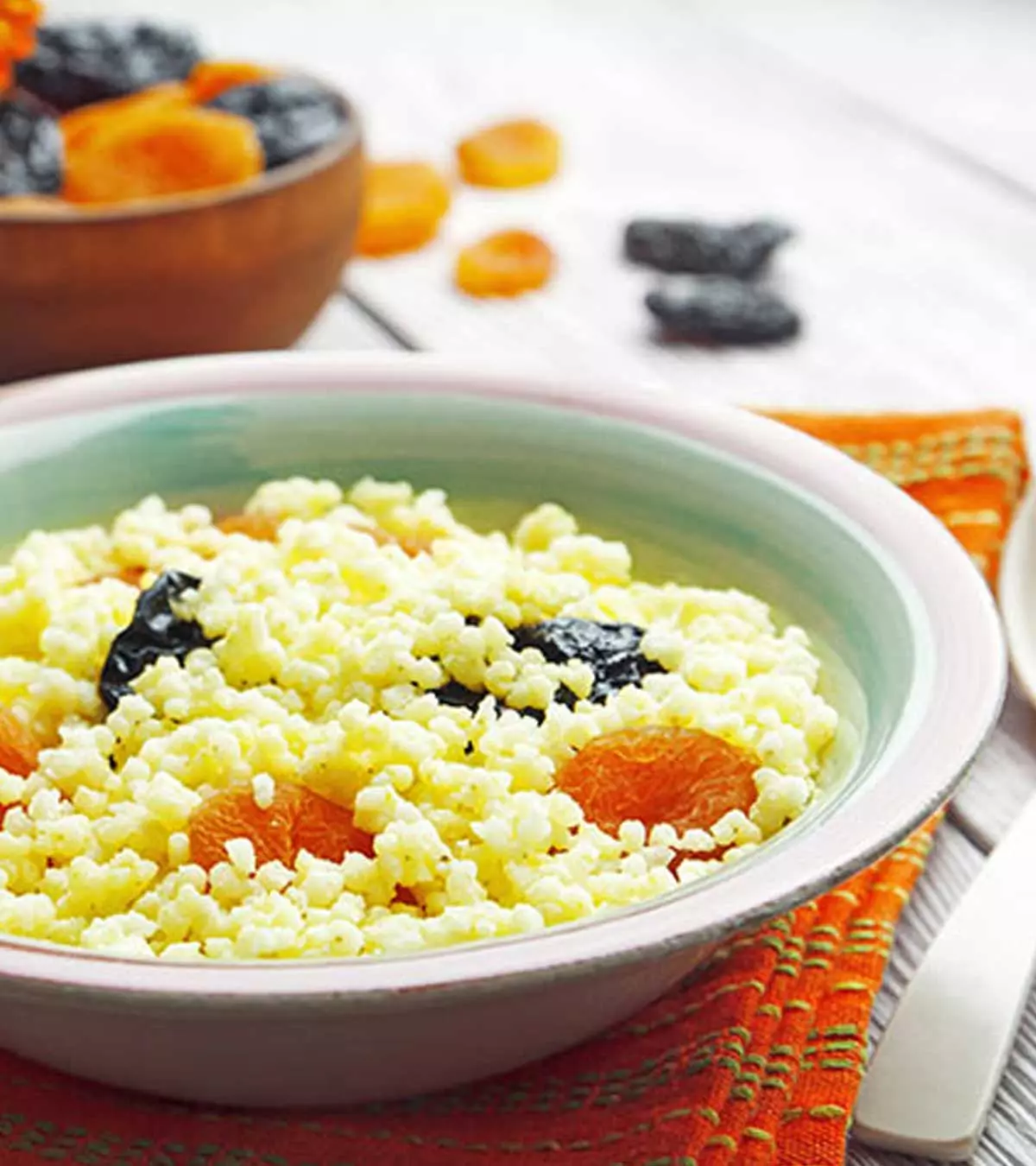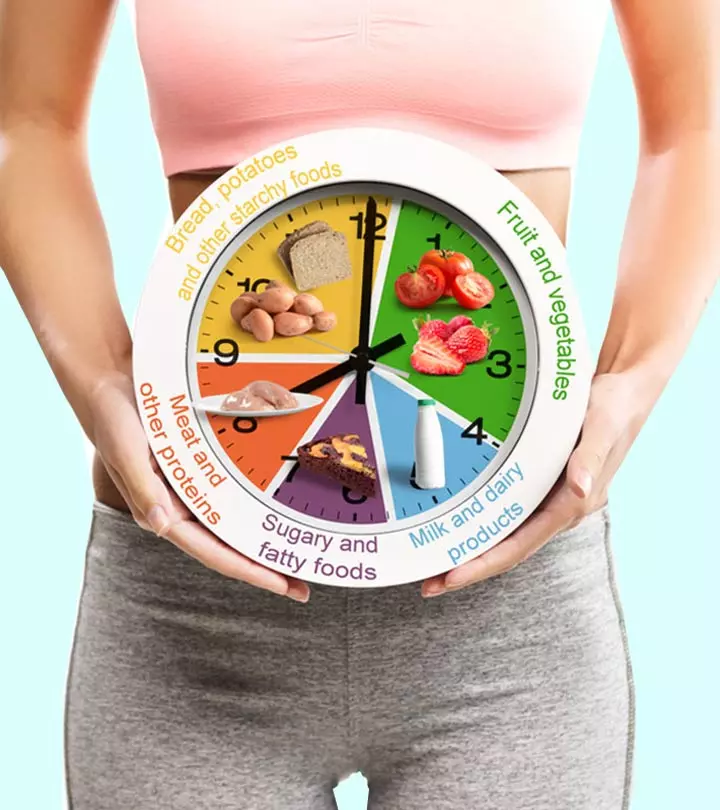
Image: Shutterstock
A healthy pregnancy greatly depends on the right intake of nutrients. Well-curated diet charts for pregnant women can help expecting mothers consume a balanced diet. During pregnancy, nutritional requirements change significantly across trimesters. Each stage has specific dietary needs that are essential for the health of both the mother and the developing fetus. Understanding these needs can help ensure proper growth and development throughout the pregnancy.

An improper diet and malnourishment can have several adverse effects on the mother and the child. According to a study conducted by United Nations International Children’s Emergency Fund (UNICEF), mothers suffering from a deficiency can suffer from anemia, pre-eclampsia, and hemorrhage, and their children can suffer from low birth weight, which affects more than 20 million newborns every year.
It is recommended that a healthy pregnant woman with adequate body mass index (BMI) and weight should consume an extra 350Kcal per day and 500Kcal per day during the second and third trimester, respectively (1). Continue reading as we have provided a sample diet chart for pregnant women, including the dietary guidelines.
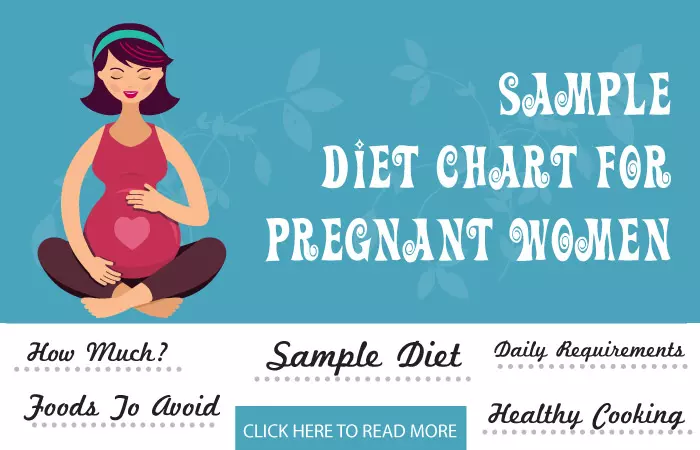
Key Pointers
- A healthy pregnant woman should consume an additional 350 calories per day to support fetal growth.
- The diet during pregnancy should be well-balanced and include calcium, folic acid, iron, and plenty of water.
- Essential vitamins for pregnant women include C, D, B12, and others.
- Adequate protein should be included in every meal to strengthen and repair tissues.
Sample Diet Chart For Pregnant Women
Here is a sample menu for each meal that can be customized as per your preferences, trimester of pregnancy, medical concerns such as gestational diabetes, and general dietary habits.
However, consult your doctor and a certified nutritionist to help you prepare a pregnancy food chart.
Sample Meal Plan For Pregnant Women
| Meal | Sample menu |
|---|---|
| Breakfast: It is the first and the most important meal of the day. So, never skip breakfast.This meal ought to be wholesome and nutritious in quality while being big in quantity. |
Or
|
| Midday snack: It fills up the gap between your breakfast and lunch that typically goes four to five hours apart in the case of working women. This snack should be rich in protein and dietary fiber to keep your hunger in control and maintain your blood sugar levels. |
Or
|
| Lunch: It is the second most important meal of the day. Skipping lunch can cause your sugar and energy levels to drop. |
Or
|
| Teatime: This snack helps battle your evening hunger pangs. |
Or
|
| Dinner: This is usually the last meal of the day and should be soothing and relaxing. Early and light dinners are an ideal choice during pregnancy since it can minimize the possibility of indigestion and acid reflux. |
Or
|
There are several nutritious foods to prepare healthy recipes. However, while you do so, consult your nutritionist or a registered dietitian so that you are aware of foods to avoid during pregnancy.
While you plan your meals, stay aware of the nutrient requirements and the total servings that you would need per day from each food group. Here we tell you about the recommended servings for each food group for nutritionally wholesome meals (2).
- Fresh fruits and vegetables provide you with essential nutrients, dietary fiber, and vital bioactive compounds, such as antioxidants. Include a minimum of one serving each of dark vegetables and citrus fruits along with two servings of (dark) green leafy vegetables.
 Quick fact
Quick fact- Enriched grains, whole grain cereals, pseudocereals, and millets can be included in the diet. This food group provides energy, dietary fiber, and various essential micronutrients such as vitamin B-complex. Six servings a day can meet the energy needs of a normal weight pregnant woman.
- Milk and milk products are a good source of protein, vitamin D, and calcium with several other essential nutrients. Three servings of zero fat or low-fat dairy or milk products a day are recommended for consumption on a regular basis.

Image: Shutterstock
- Meat, poultry, and fish provide high-quality lean protein. Two to three servings of this food group a day are sufficient. You may try extra-lean meats, de-skinned chicken, and fish. Oily fish is a good source of omega-3 fatty acids. If you are on a vegetarian diet, legumes, dried beans, soy, tofu, and peas are a few alternatives.
 Quick fact
Quick fact- Drink about 8-12 glasses of water a day. Water is important for the absorption of nutrients and the removal of waste from the body.
Stick to basic dietary guidelines along with a diet plan for the maximum benefit.
Trimester-Specific Diet Recommendations
The following foods may be considered during each trimester of pregnancy.
- First trimester: Focus on folate-rich foods like leafy greens, beans, and fortified cereals.
- Second trimester: Increase protein intake with lean meats and legumes.
- Third trimester: Incorporate more calcium-rich foods like dairy and fortified plant-based alternatives.
General Dietary Guidelines During Pregnancy
Eating nutritious food is crucial for you and your growing fetus. Observe these basic steps (3) (4).
- Eat a well-balanced diet to ensure that you get optimum prenatal nutrition. Follow proper meal planning and use meal planners and food diaries in every trimester to track your intake. Below is a list of some of the nutrients that you need for specific functions.
- Calcium: It can reduce your risk of preeclampsia (high blood pressure). For a growing fetus, calcium aids in the development of skeletal structure and teeth. Pregnant women are advised to consume 1,000mg (milligrams) of calcium daily through diverse dietary sources to meet the recommended calcium intake.
- Calcium: It can reduce your risk of preeclampsia (high blood pressure). For a growing fetus, calcium aids in the development of skeletal structure and teeth. Pregnant women are advised to consume 1,000mg (milligrams) of calcium daily through diverse dietary sources to meet the recommended calcium intake.
- Folic acid or vitamin B9: It is essential for the development of the nervous system and is required to prevent certain birth defects, such as neural tube defects. A daily folate intake of 600mcg from food is required during pregnancy. However, even with a well-balanced diet, the recommended amount is not absorbed from foods alone. Thus, you need to take a folic acid supplement.
- Iron: It is an important mineral for your baby’s growth and brain development. During pregnancy, your blood volume gets doubled, so you need to consume more iron-rich foods. The daily recommended quantity is 27mg.

Image: IStock
- Vitamin D: It helps in the absorption of calcium and certain other physiological functions, such as hormone production. Pregnant women should be getting 600IU (international units) of vitamin D per day.
- Stay active throughout pregnancy. Engage in regular exercise that is trimester-appropriate for healthy pregnancy weight gain.
- Do not fast during pregnancy. It can disrupt levels of nutrients in the body and have adverse effects on the developing fetus.
- You can manage morning sickness during pregnancy by spreading meals into five to six small meals a day, including healthy snacks. It will help you gain weight in a healthy manner. You should preferably eat something every 2.5 to 3 hours (5).
- Plan your meals with a variety of food groups. Eating meals rich in variety can help you attain maximum benefits from the food. Healthy meals during pregnancy are important for optimal maternal and fetal nutrition.
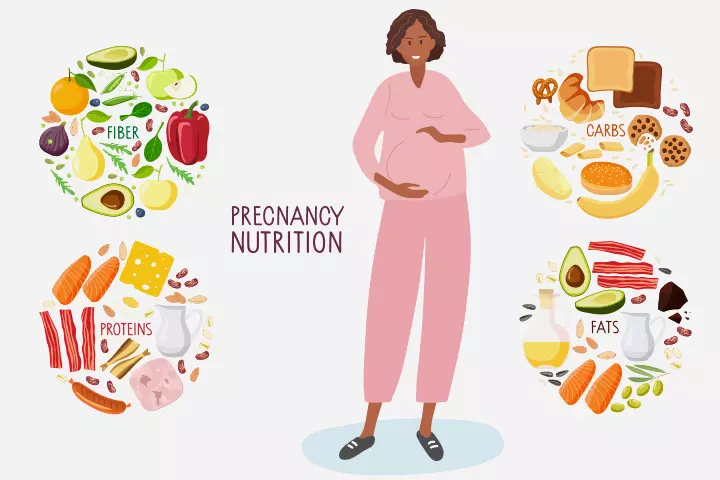
Image: Shutterstock
- Manage your food cravings during pregnancy by switching to healthier alternatives to keep conditions like gestational diabetes at bay. Always discuss your cravings and aversions with your nutritionist or a registered dietitian.
 Did you know?
Did you know?- Limit the intake of salty, high fat, high sugar foods, and processed foods. Excess consumption of these foods could lead to weight gain and might cause other health complications, as well.
- Stay hydrated by drinking water. Adequate hydration is of key importance during pregnancy. Avoid beverages such as cola, coffee, and alcohol. Excessive intake of these beverages can have adverse effects on fetal development. These beverages are a rich source of empty calories and anti-nutrients that hinder nutrient absorption.

Image: IStock
- Do not consume any dietary supplements such as daily prenatal vitamins, without medical guidance. Consuming an excess of prenatal vitamin supplements can be harmful. In some cases, it may lead to constipation, diarrhea, nausea, loss of appetite, upset stomach, and cramps.
- You need to avoid certain foods during pregnancy. This includes raw, undercooked, or premade meat and seafoods (e.g. deli style meats, raw sushi, and cold fish and meats), raw or runny eggs (or homemade ice creams containing raw eggs), juice and milk products that are not pasteurized, raw sprouts, and raw dough. You should also avoid smoked seafood and meat, unless they have been cooked to a temperature of 165°F (74°C).These foods may contain infective bacteria such as Listeria, E.coli, and Salmonella or parasites such as Toxoplasma gondii which may cause foodborne illness. Such infections during pregnancy may be harmful for both you and your baby (6).
Frequently Asked Questions
1. Can I consume rice when pregnant?
Yes, including carbs and starchy foods such as potatoes, rice, and bread in your pregnancy diet could add nutritional value and help keep you fuller for longer during pregnancy (7).
2. Can I eat bananas during pregnancy?
You may include fruits packed with several essential nutrients, such as bananas, as a part of your breakfast meal or during snack time in pregnancy (8).
3. What vegetables should I avoid during pregnancy?
You should follow food safety and thoroughly wash all your fruits and vegetables before consumption during pregnancy. Furthermore, when pregnant, you may avoid certain vegetables, including bean sprouts and pre-packed vegetable salads to avoid the risk of salmonella and listeria infections (9).
4. When is the best time to drink milk during pregnancy?
Pregnant women can have about three cups of low-fat milk daily, any time throughout the day (10). Warm milk before bedtime is generally considered a good option for sound sleep. However, you can speak to your doctor for personalized advice on the right timing and quantity of milk you should take during pregnancy.
5. Is bread good for a pregnant woman?
Bread made with whole grains, such as oats and whole wheat, and those fortified with vitamins and minerals can be a good choice for pregnant women (11).
6. Is spinach healthy during pregnancy?
Spinach contains several nutrients, such as iron, fiber, vitamin A, and vitamin C, that can contribute to an expecting woman’s overall health. For instance, iron can help a mother’s body make more blood, whereas fiber intake can contribute to maintaining healthy bowels. Vitamin A, C, and different flavonoids in spinach can help strengthen the immune system (12).
Pregnant women’s diet charts or planned meals are beneficial for the growth development of the fetus. These diet charts will track your meals throughout the day, making sure to include foods from each food group that are essential during pregnancy, along with their recommended serving sizes. You may also personalize your meals according to your preferences. You may consult a certified dietician or nutritionist who can design you a meal plan, especially if you have a high-risk pregnancy or have a medical condition warranting a well-planned diet.
Infographic: Everything You Should Know About Pregnancy Diet
Eating right is one of the crucial things that you should be careful of when pregnant. Since the nutrition from the foods you eat will be helpful for your fetus’ growth, you must make necessary changes in your diet. The infographic below includes various aspects of the pregnancy diet you should be aware of for a healthy pregnancy.

Illustration: Momjunction Design Team
Expecting a baby? Discover the secrets to maintaining a healthy diet for a thriving pregnancy, ensuring the well-being of both you and your little one. Unveil valuable tips on suitable food choices and what to avoid.
References
1. Nancy F Butte et al.; Energy requirements during pregnancy based on total energy expenditure and energy deposition; American Journal of Clinical Nutrition
2. Choose MyPlate: Daily Amounts During and After the Pregnancy; WIC Missouri
3. Nutritional Needs During Pregnancy; Choose My Plate; USDA
4. Health Tips for Pregnant Women; National Institute of Health
5. What You Need to Know About Your Pregnancy Diet Chart; Sitaram Bhartia Institute of Science and Research
6. People at Risk: Pregnant Women; Food Safety
7. Healthy diet during pregnancy; Pregnancy, Birth and Baby
8. Diet During Pregnancy; American Pregnancy Association
9. Foods to avoid when pregnant; Pregnancy, Birth and Baby
10. Have a healthy diet in pregnancy; NHS
11. The Importance of Low fat Dairy Consumption During Pregnancy; College of William and Mary
12. Nutrition During Pregnancy; The American College of Obstetricians and Gynecologists
13. Food of the Month: Spinach; Beaumont Health
Community Experiences
Join the conversation and become a part of our nurturing community! Share your stories, experiences, and insights to connect with fellow parents.
Read full bio of Jyoti Benjamin
Read full bio of Swati Patwal
Read full bio of Rebecca Malachi
Read full bio of Aneesha Amonz







